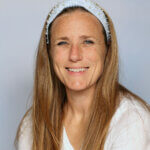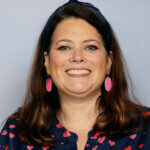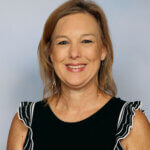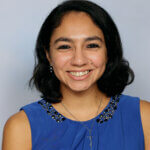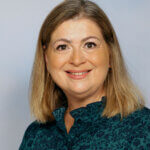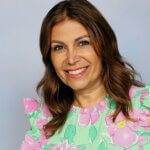Kindergarten
Curriculum Guidelines – Kindergarten
English Language Arts
Mathematics
Social Studies
Science
The early elementary years expand on the foundation built in our pre-kindergarten grades. More formal instruction is introduced and regular assessments at the end of units are administered to track a student’s academic progress. Our balanced literacy program is a cohesive, systematic approach to high quality literacy instruction with sets of engaging books and lessons on various levels. Our goal is to develop students who are lifelong readers and writers. Continued emphasis is placed on developing the students into contributing members of their church community through our GO Program, focused on “giving of ourselves” through service learning. The classes are self-contained with one teacher and one assistant in Kindergarten, and one teacher in first and second grades. Students attend Spanish twice weekly, with one of the three sections of Spanish offered for those students who are “Spanish speakers”. Students attend P.E. daily. and Spanish twice weekly. Kindergartners attend library, art, music, drama, and computer weekly.
English Language Arts
- Demonstrates an understanding of the organization and basic features of print, text, author, illustrator.
- With prompting and support, asks and answers questions about the main topic and key text details.
- Applies kindergarten phonics and word analysis skills.
- Uses a combination of drawing, dictating, and writing to convey information about a topic.
- Actively engages with grade level texts with purpose and understanding.
- Asks and answers questions to seek help, get information, or deepen understanding.
- Spells simple words phonetically, drawing on knowledge of sound-letter relations in writing.
- Produces writing products from shared or project learning.
Mathematics
- Reads, writes, and compares number 1-20.
- Identifies the number associated with a collection of objects.
- Compares and generates a set of objects more/less/equal.
- Collects, sorts, and organizes data to create graphs, draw conclusions.
- Generates a number that is one more/one less than a given number.
Science
- Explores different forms of energy (thermal, acoustic, gravitational).
- Observes, describes, asks questions, and makes predictions.
- Identifies and records physical properties of objects.
- Compares Earth’s materials (rock, soil, water).
- Observes and describes ways objects move.
Social Studies
- Identifies that people and communities create structure, rules, and ideas to solve problems.
- Explains the difference between wants and needs.
- Identifies significant symbols, pledge, stories, and historical figures connected with America.
- Uses vocabulary related to time/chronology (before, after, next, first, last, today, tomorrow).
Religion
- Learns and recites Catholic prayers.
- Is reverent and participates appropriately in liturgies.
- Is reverent and participates appropriately in prayer.
- Recognizes holy images.
- Shows respect for God, self, and others.
Spanish
- Demonstrates understanding of basic vocabulary previously covered.
- Exposure to the Spanish language through songs, stories, games, pictures, and group activities.
- Builds vocabulary through thematic units.
- Explores beginning, basic grammar concepts.
- Exposure to a variety of Hispanic cultural events, centered around holidays and cultural customs.
- Makes comparisons between English and Spanish and between cultures creating cultural awareness, mutual respect and tolerance.

